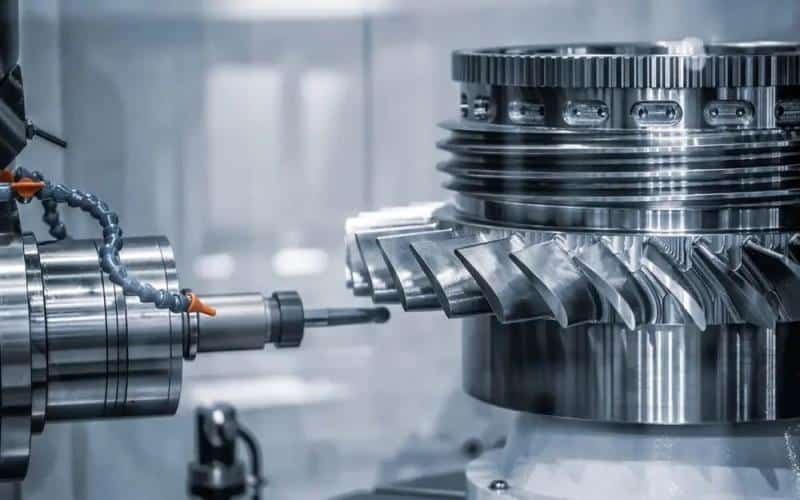In today’s fast-paced manufacturing environment, CNC grinding technology plays a vital role in enhancing productivity, precision, and versatility. With increasing demands for tighter tolerances, reduced cycle times, and greater process automation, industries are turning to computer numerical control CNC grinding as a solution for efficient, high-quality part production across a wide range of applications.
Precision Engineering for Modern Manufacturing
CNC grinding offers unmatched consistency and repeatability, making it ideal for industries such as aerospace, automotive, medical, and energy. By integrating automated grinding processes, manufacturers reduce manual intervention, eliminate human error, and ensure high-precision results.
Key Advantages:
- Improved dimensional accuracy across complex components
- Reduced setup and lead times with automated tooling systems
- High repeatability and quality control in mass production
Versatility Across Material Types
One of the primary strengths of Uneed CNC grinding lies in its adaptability to various materials, including hardened steels, ceramics, composites, and exotic alloys. This versatility supports diverse application needs without compromising on finish or accuracy.

Benefits for Material Diversity:
- Efficient removal rates in hard-to-machine materials
- Surface finish optimization for both soft and hard substrates
- Enhanced tool life through intelligent feed and speed control
Integration with Smart Manufacturing Systems
Modern CNC grinding machines are increasingly integrated into Industry 4.0 environments. With real-time monitoring, predictive maintenance, and remote diagnostics, these systems boost overall equipment effectiveness and reduce downtime.
Technological Integration Includes:
- IoT and sensor-based tracking for grinding parameters
- Cloud-based performance analytics to optimize cycle times
- Automation-ready interfaces for robotic loading and unloading
Applications Across Key Sectors
CNC grinding technology supports a wide range of applications:
- Automotive: Precision grinding of engine parts, gears, and shafts
- Aerospace: Complex geometry for turbine blades and landing gear
- Medical Devices: Smooth surface finishes for implants and surgical tools
- Tooling: Regrinding and shaping of cutting tools with micron-level accuracy
These use cases demonstrate how CNC grinding contributes to operational efficiency and product reliability.
Sustainable and Cost-Effective Operations
Beyond performance, CNC grinding supports sustainability goals by:
- Minimizing waste through precise material removal
- Lowering energy consumption with efficient motors
- Reducing consumables by optimizing wheel wear and coolant use
Whether you are looking to scale production or improve component quality, the right technology and implementation strategy to maximize returns. Investing in CNC grinding solutions paves the way for innovation, agility, and long-term competitiveness.
A Strategic Investment in Productivity
The adoption of CNC grinding technology delivers measurable gains in:
- Manufacturing productivity
- Component consistency
- Production flexibility
By embracing CNC precision, businesses can streamline workflows and meet evolving demands with confidence. With the right systems in place, manufacturers can unlock a new level of efficiency and performance across industries and across the globe.
